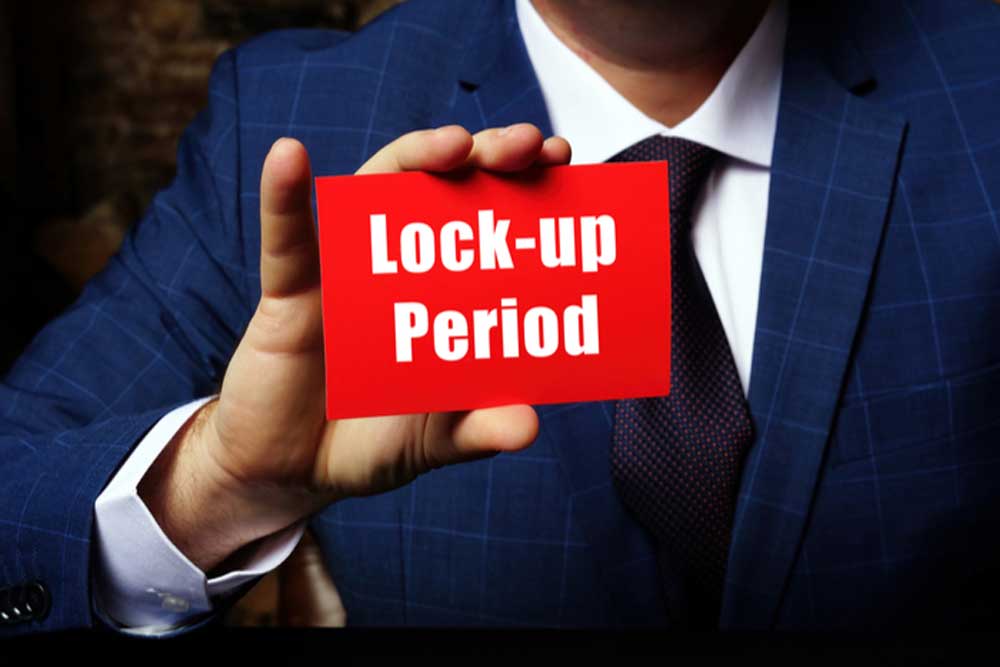The lock-up period is a period of time following an IPO during which certain shareholders are prohibited from selling their shares in the company imposed in the United States by the Rule 144 of the Securities Act of 1933.
These shareholders typically include company insiders, such as executives and early investors, who may hold a significant amount of the company’s shares.
The lock-up period is designed to prevent a flood of new shares from entering the market immediately after the IPO, which could drive down the price of the stock. By restricting the sale of shares for a period of time, the lock-up period can help to stabilize the stock price and give the company time to establish itself in the public markets.
The length of the lock-up period can vary depending on the company and the underwriters of the IPO. Typically, the lock-up period lasts for 90 to 180 days, although it can be longer or shorter in some cases. Once the lock-up period expires, the restricted shareholders are free to sell their shares, which can sometimes lead to a surge in trading volume and increased volatility in the stock price.







